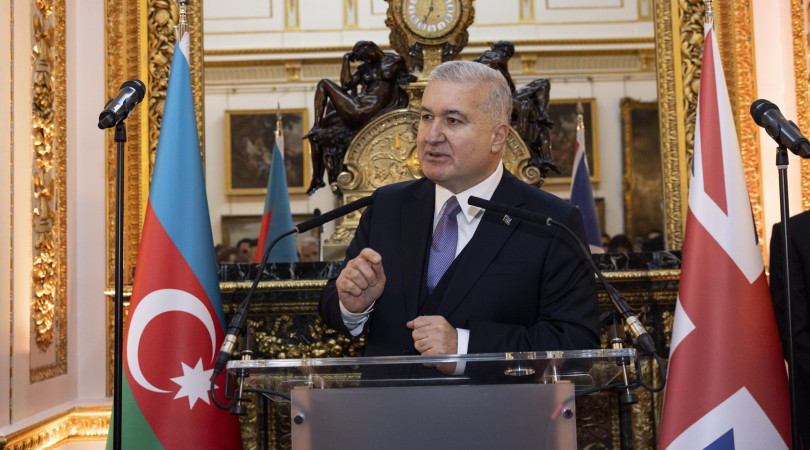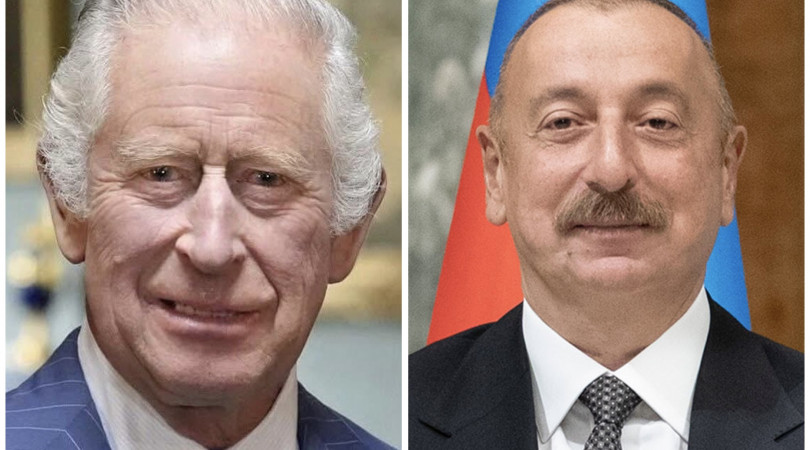Press release of the Embassy of the Republic of Azerbaijan in the UK, November 14, 2020
On November 5, “The Times” published a letter from a group of House of Lords members who in an attempt to distort the context of the events happened in the history of the South Caucasus undermined the superiority of the principle of territorial integrity.
In response to this letter, another group of Peers from House of Lords which have much more profound knowledge of the region and its history, has sent a letter to The Times explaining why the principle of self-determination cannot simply govern the future of the region. The letter which unfortunately has not been published by the newspaper, reads as follows:
“Sir,
We do not agree with the letter from some of the noble Peers including the Rt Revd. Dr Alan Smith, Bishop of St Albans (Nov 5).
It must be remembered that Nagorno-Karabakh is internationally recognized as part of Azerbaijan. Four UN Security Council Resolutions, adopted in 1993 (822, 853, 874, 884) recognize Nagorno-Karabakh to be part of Azerbaijan. These resolutions demanded the withdrawal of Armenian forces from Nagorno-Karabakh – this demand has still not been fulfilled.
The principle of the people’s right to self-determination cannot be applied, in the form of unilateral secession, to the Armenians living in the Nagorno-Karabakh region of Azerbaijan.
By the time Armenians in the area claimed independence in 1992, there was already a Republic of Armenia which had been established in 1991. Therefore, Armenia has already utilized its right to self-determination, and simply cannot create second Armenian state in what is an internationally recognized territory of Azerbaijan. It should also be remembered that, following Armenia’s self-proclaimed independence, hundreds of thousands of Azerbaijanis had to flee from the territory and remain displaced.
Importantly, international documents (such as Chapter 1 of the 1945 UN Charter and the 1975 Helsinki Final Act) establish that claims of self-determination are unsustainable when they are accompanied by egregious violations of international law, such as prohibiting the threat or use of force against the sovereignty and territorial integrity of a State (peremptory norms or jus cogens).
We maintain that there is an urgent need to secure peace and end suffering in the region, but this cannot be achieved by self-determination.
Lord Sheikh; The Rt Hon. Lord Bruce of Bennachie; Lord Evans of Watford; Baroness Uddin; Baroness Hussein-Ece




.jpg)













